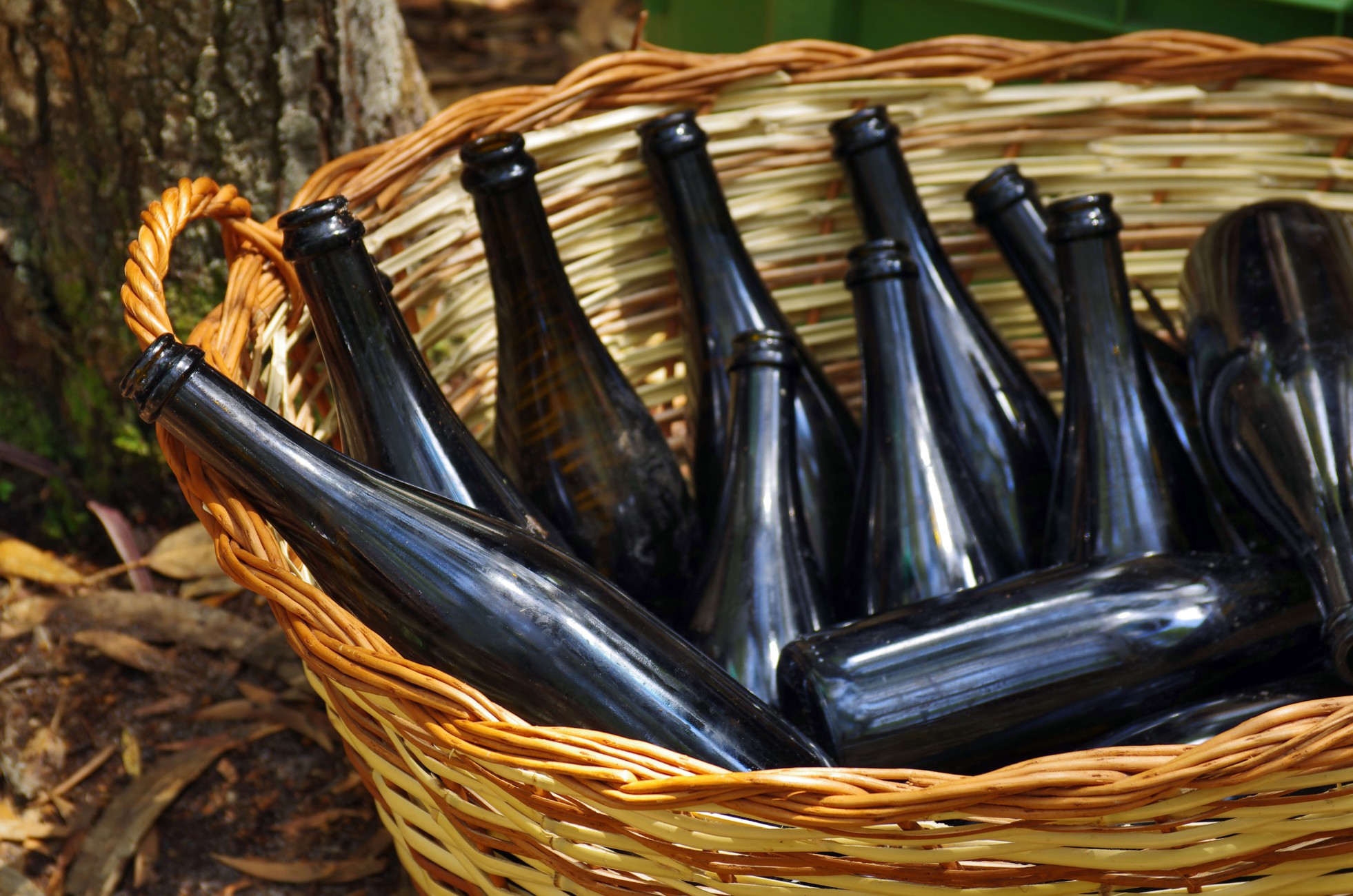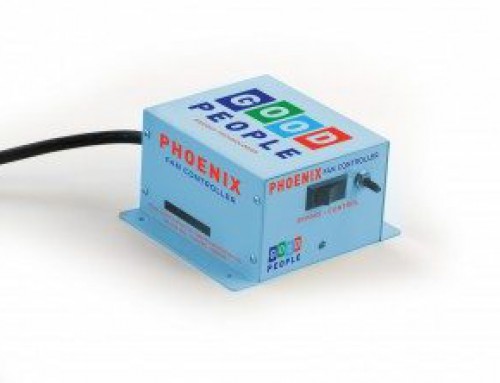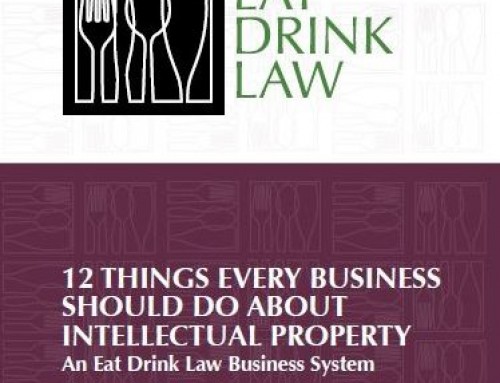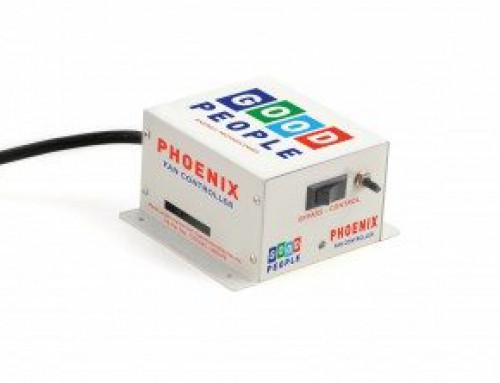Hard cider producers have long been a bit of an outlier when it came to state liquor laws, even in The Empire State, with its proud history of cider making and devotion to the apple. Folks were able to make hard cider under brewery or winery licenses, but it still led to confusion when starting up a craft cider business exactly how and why you were going to be treated like a brewery or winery. New York finally fixed this in October 2013 by adding two new licenses to choose from: 1) A cider producers or wholesalers license for “big cider” makers to produce as much cider as they want with no requirement that New York agricultural products are used, and 2) a farm cidery license for small, craft producers that parallels the farm winery, farm brewery, and farm distillery laws and is capped at 250,000 gallons per year (as of December 13, 2014). Both types of licenses require the production of at least 50 gallons of cider per year to keep the licenses from being abused by folks who aren’t really all that interested in producing commercial cider.
The big cider license has a higher fee and the usual limitations on tasting and serving (that it largely needs to be done in conjunction with a licensed retailer, bar, or restaurant). But as New York continues to beat the drum for New York products, even the big producer can do more with its “New York state labelled cider,” where it essentially gets some perks of a farm license for those New York sourced products.
At any rate, understanding what is cider and what is a New York state labelled cider are important. In New York State, a cider is a beverage made from the fermented juice of apples (or other pome fruits, including pears) by natural fermentation with alcohol content of 3.2-8.5%. It can’t be distilled and no alcohol can be added. Adding other fruit juices, maple syrup, spices, and other flavorings is fair game. It can be uncarbonated, naturally carbonated, or carbonation added. Over 8.5% it becomes apple wine and would require a winery license. Technically, the definition of apple wine doesn’t have a minimum alcohol content, so you could choose to make any cider as an apple wine if you really want to (and were licensed as a winery).
As far as the, “New York state labelled” part, the law is the strictest of any of the NY farm liquor laws. You must use exclusively New York State apples, pears, or other pomme fruit. NY wines and spirits only require 75% and beer will top out at 90% in 2024 (it’s currently at 20% due to the shortage of NY hops). But I guess the lawmakers know we have apples and pears and there really isn’t any excuse to go further afield.
With each of the “farm” licenses, the question comes up, “Does it have to be on a farm?” The answer for farm cideries, like farm breweries and distilleries is “No.” Your farm cidery can be anywhere you make, store, and sell New York state labeled cider—including a brownstone in Brooklyn or an old industrial building in Utica.
The reason that it is awesome to be a farm cidery is similar to the other farm alcohol laws. You are released from many of the restrictions on direct sale, tasting and serving, complementary retail, and combination with other businesses (like restaurants, bed & breakfasts, etc.) that apply to large producers. This is some great flexibility when thinking through your business model. You also get the ability to sell at sanctioned farmers’ markets and fairs, and decent latitude for special permits to taste and vend elsewhere, so great channels for direct sale of your craft product outside your tasting room. And you get to participate in the network of farm breweries, wineries, distilleries, and other cideries that can taste and sell a variety of New York state labeled alcohol products. Be one of the only retailers in New York where a person can sample and buy cider, beer, wine, and spirits side-by-side.
Unfortunately, the law still can’t help what I call the pan apple problem. You are stuck with the separate licenses for cideries, wineries, and distilleries, even though all of them can be based on fermented apples. The good news is that the law does allow one business to hold multiple types of farm licenses (so you could get farm cidery, winery, and distillery licenses to cover your full range of fermented apples).








